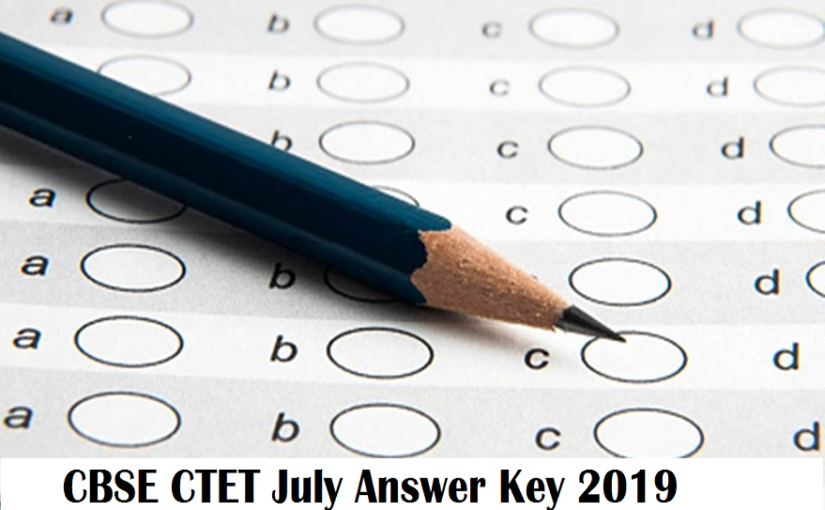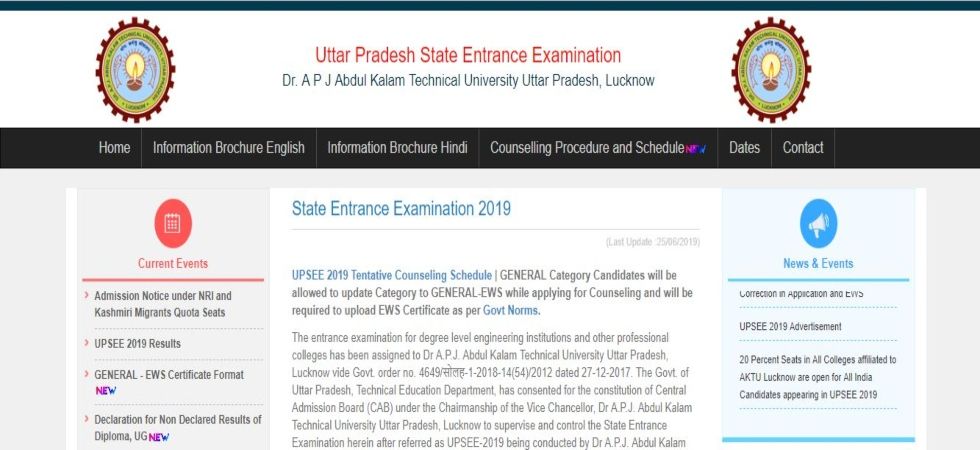Source: livelaw.in
All India Law Entrance Test (“AILET”) is the admission test for National Law University, Delhi (“NLU-D”) that is organised by it every year for admission into its various courses. This year, for the first time, AILET has come under severe scrutiny due to plagiarism in its papers for B.A. LL.B. (Hons.) course. This post closely examines plagiarism in AILET 2019.
Currently, the Common Law Admission Test (“CLAT”) has been under the scanner due to the numerous blunders in the conduct of the exam through the years. A petition filed by Prof. Shamnad Basheer is pending before the Supreme Court to reform the manner in which CLAT is conducted and establish a permanent body that conducts the test in a professional and competent manner. This is the first time that AILET has come under scrutiny too.
On the first Sunday of May 2019, tens of thousands of students pinned their hopes on AILET 2019, the entrance test for the prestigious law college NLU-D. They were severely let down by the system as a substantial portion of the AILET 2019 paper was plagiarised from a variety of sources detailed in the table below.
National Law Universities (“NLUs”) enjoy a significant amount of autonomy when it comes to deciding the standards and curriculum of legal education in India. With the financial and intellectual resources at the disposal of NLUs to conduct a national level entrance test (and considering the high entrance examination fees charged by them), a well-designed and competently conducted test is the minimum expectation. A national level entrance test must adhere to some basic standards of professionalism, competence and fairness. Test-development and test administration must be taken extremely seriously by the organising agency, because the test seeks to create an entry-barrier that regulates who gets to go to law school, and eventually who gets to enter the legal profession. The criteria on which this entry-barrier is sought to be created must be fair, equitable and objective that correctly estimates the “aptitude” for legal education.



